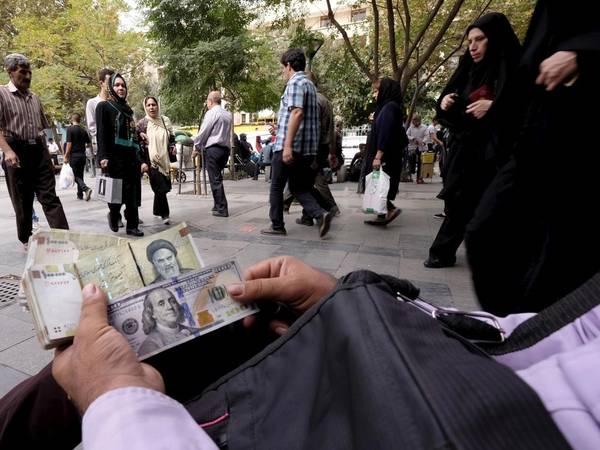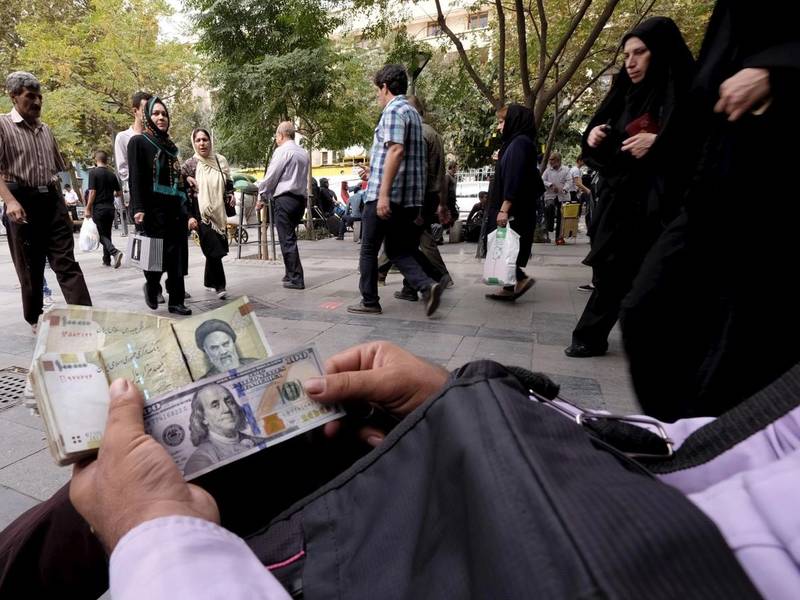Amid massive public disapproval of last week's air attack on Israel, the Islamic Revolutionary Guard Corps (IRGC) has expressed gratitude towards the Iranian people for what it called their 'support'.
Despite the claims, there was no specific mention of the nature of the support from the public, who reportedly spent the past week in anxiety over potential Israeli retaliation in addition to the streets of Iran being strewn with graffiti with supportive messages for Israel.
The IRGC's statement proclaimed, "We humbly appreciate and are grateful for your magnificent support and backing…for the IRGC in punishing the Zionist enemy during these historic everlasting days."
The latest IRGC statement described the operation as having brought "peace and assurance" to Iran and "fear, terror, and humiliation to the Zionist regime and its allies" as the regime continues to play down the fact that in partnership with a US-led coalition, almost all the barrage was intercepted before reaching Israeli territory.
The IRGC's victorious narrative has been accompanied by a tightened clampdown on dissent within Iran. Following the assault on Israel, which was purportedly in retaliation for an attack linked to Israel on Iran’s consulate in Syria, there has been an increase in repressive actions against journalists and media outlets critical of the regime.
The Tasnim News Agency, affiliated with the IRGC, even issued a warning last week on Twitter (now X) about dealing with Israel's supporters on social media, urging citizens to report pro-Israel sentiments.
The directive has led to an atmosphere where journalists are either treading cautiously or completely avoiding discussions on the attack. The Prosecutor's Office has also taken legal action against some media outlets; for instance, the daily newspaper Etemad was indicted for publishing content opposing the attack, and Jahan-e Sanat faced charges over an article about the economic impact of escalating tensions, specifically rising exchange rates.

